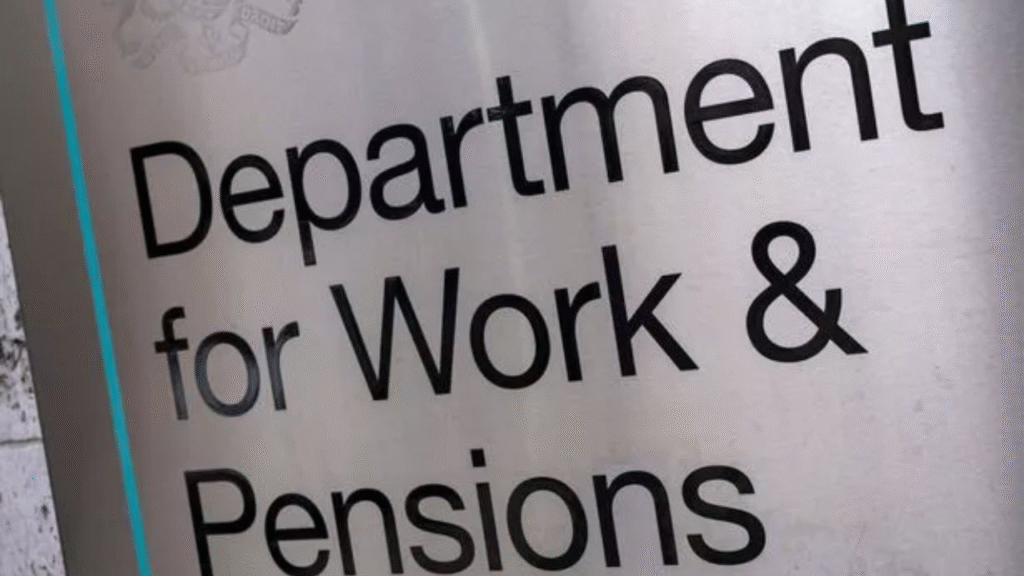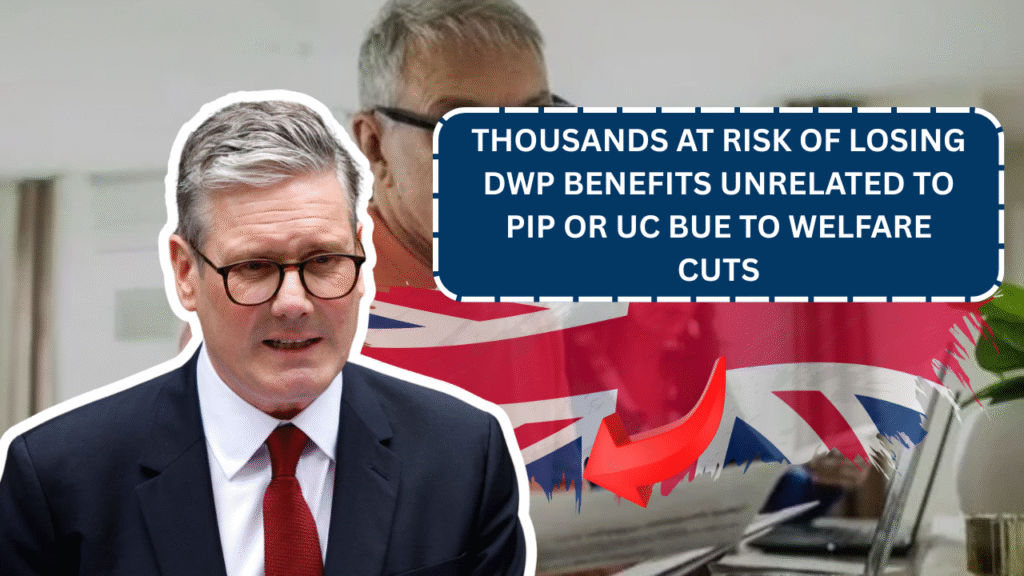In a major overhaul of the welfare system, thousands of people may soon lose benefits that are not related to Personal Independence Payment (PIP) or Universal Credit (UC). This shift is part of a broader government plan to cut spending on welfare, which could push hundreds of thousands of vulnerable individuals deeper into poverty. Here’s what you need to know about these upcoming cuts and how they may impact those who rely on these benefits.
The DWP Welfare Cuts
The Department for Work and Pensions (DWP) is rolling out significant cuts to a range of welfare benefits, with a specific focus on those who do not receive PIP or UC. The government’s strategy to reduce its welfare budget could affect hundreds of thousands of people, primarily those receiving legacy benefits such as income-related Employment and Support Allowance (ESA) or Disability Living Allowance (DLA).
The cuts are part of the government’s ongoing push to move all benefit claimants onto Universal Credit by 2026. However, the move is not without controversy, as many people relying on legacy benefits fear they will lose crucial financial support.
Managed Migration to Universal Credit
As part of the welfare overhaul, the government is introducing “managed migration,” which involves transferring people from their legacy benefits onto Universal Credit. This process, which started in 2019, is expected to be completed by March 2026. According to the DWP, around 600,000 people are still receiving income-related ESA, and many of them will need to transition to Universal Credit.
Although this transition is supposed to offer a more streamlined approach, it is causing anxiety among many claimants. Around 83,000 notices are sent every month, informing individuals that they must move to Universal Credit within a set period. If they fail to act within the specified timeframe, they could lose their benefits permanently.

Impact on Vulnerable Populations
The welfare cuts will affect some of the most vulnerable groups in society. The DWP’s own internal forecasts suggest that the cuts will hit 3.2 million families by 2029/2030, many of whom are already struggling financially. Among these families, it is predicted that 700,000 are living in poverty and that 250,000 more will be pushed below the poverty line due to the reductions in support.
For people with disabilities, the impact is expected to be especially severe. Stricter criteria for PIP could lead to many individuals being disqualified for financial assistance if they fail to meet the new thresholds. This includes people who cannot perform basic daily tasks, such as washing themselves below the waist.
Opposition to the Cuts
The proposed cuts have sparked widespread criticism. Disability charities, advocacy groups, and opposition parties have condemned the government’s actions, arguing that these measures will push people already struggling with disabilities and long-term illnesses further into financial hardship.
The Disability Benefits Consortium, Mind, and Scope are among the organizations that have spoken out against the cuts. They argue that the changes will exacerbate existing inequalities and create even greater barriers for disabled individuals. The cuts could also have a profound social impact, leading to increased health issues, mental strain, and additional hardship for those who rely on disability benefits to cover everyday costs.
Government Response and Proposed Reforms
In response to growing pressure, Work and Pensions Secretary Liz Kendall has announced plans to overhaul the disability benefits assessment system. Kendall’s reform proposal seeks to simplify and combine the work capability assessment with the PIP process, creating a single, more streamlined assessment for all claimants. This overhaul aims to address longstanding criticisms of the current system, which some argue is too rigid and difficult to navigate, particularly for people with mental health conditions or neurodiversity.
Kendall has promised to involve disabled people and advocacy groups in the consultation process, ensuring that the new system will be more inclusive and fair. This is seen as an effort to improve the accessibility of the benefits system and make it more compassionate.
The Future of Welfare Benefits in the UK
The debate surrounding the welfare cuts is likely to continue as the government pushes forward with its reforms. However, the cuts could have a lasting effect on millions of families who rely on these benefits for financial stability. The transition to Universal Credit, coupled with the tighter eligibility requirements, presents a significant challenge to many vulnerable groups.
Despite promises of reform, the government’s own analysis suggests that 3.2 million people will lose vital support by the end of the decade, with some falling deeper into poverty. As the cuts loom, there are growing concerns about the long-term consequences for the country’s most vulnerable citizens.
Conclusion
As the UK government presses ahead with its controversial welfare cuts, it’s clear that the impacts will be far-reaching. While reforms to streamline the benefits system are being introduced, they could come at the cost of deepening financial struggles for those who are already struggling. Disabled individuals, families with children, and those on low incomes may be particularly vulnerable to these changes, which could lead to further inequality and hardship.



